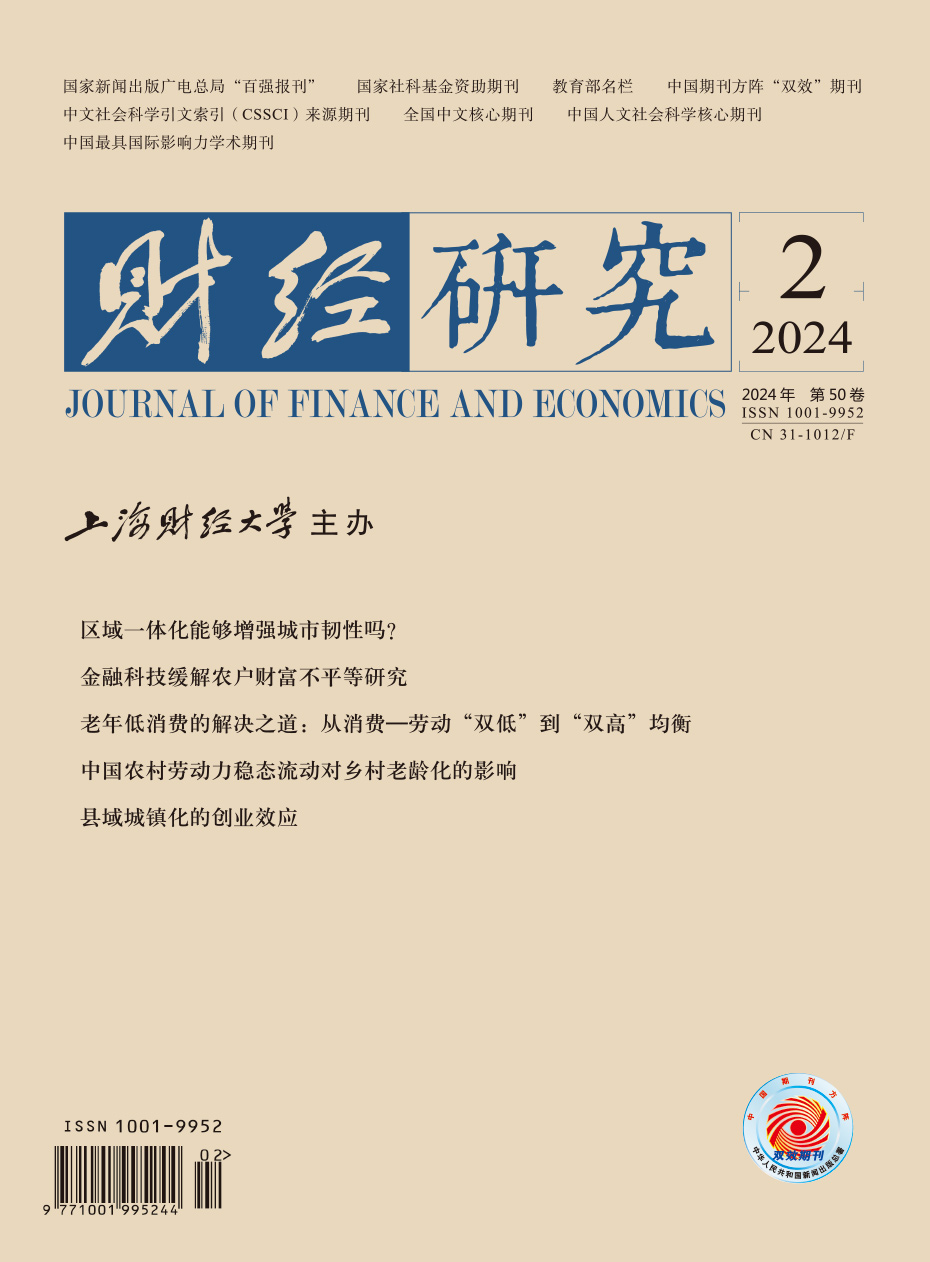Faced with the increasingly severe issue of climate change, as a responsible nation, China proposed the goal of “carbon peaking and carbon neutrality” in 2020, and promoted the goal and active participation in global climate governance to a national strategic level in the report to the 20th National Congress of the Communist Party of China. In recent years, China’s macro climate policy uncertainty index has rapidly increased, which is related to the fact that China is currently in a new development stage and urgently needs to continuously introduce climate policies to promote the goal.
This paper constructs a firm-level climate policy uncertainty index and matches it with enterprise TFP data. The empirical results indicate that climate policy uncertainty has a significant negative impact on enterprise TFP, leading to an upgrading dilemma of Chinese enterprises. Mechanism testing shows that climate policy uncertainty suppresses enterprise TFP through three paths: physical investment crowding out, green innovation crowding out, and financial investment crowding in. Heterogeneity analysis shows that the impact of climate policy uncertainty is more significant in sub-samples with stronger risk transmission, poorer risk response, and weaker policy guidance. The economic consequences indicate that the upgrading dilemma caused by climate policy uncertainty will further lead to the loss of market competitiveness and discourse power, which is not conducive to the high-quality development of enterprises.
The marginal contributions of this paper are that: First, it extends the physical risk in the field of climate risk to the policy risk dimension, and considers the key role of policy factors in China’s economic operation. Policy risks represented by climate policy uncertainty will also have a profound impact on the production and operation of enterprises, so this paper provides a useful supplement to existing literature in the field of climate risk from the perspective of climate policy risk dimension. Second, it embeds the important factor of climate policy uncertainty into existing literature on climate policies and productivity, providing a useful supplement to the aforementioned literature. Third, it provides a theoretical basis for government departments to formulate proactive and prudent climate policies and moderately maintain policy stability.





 7935
7935  9671
9671

